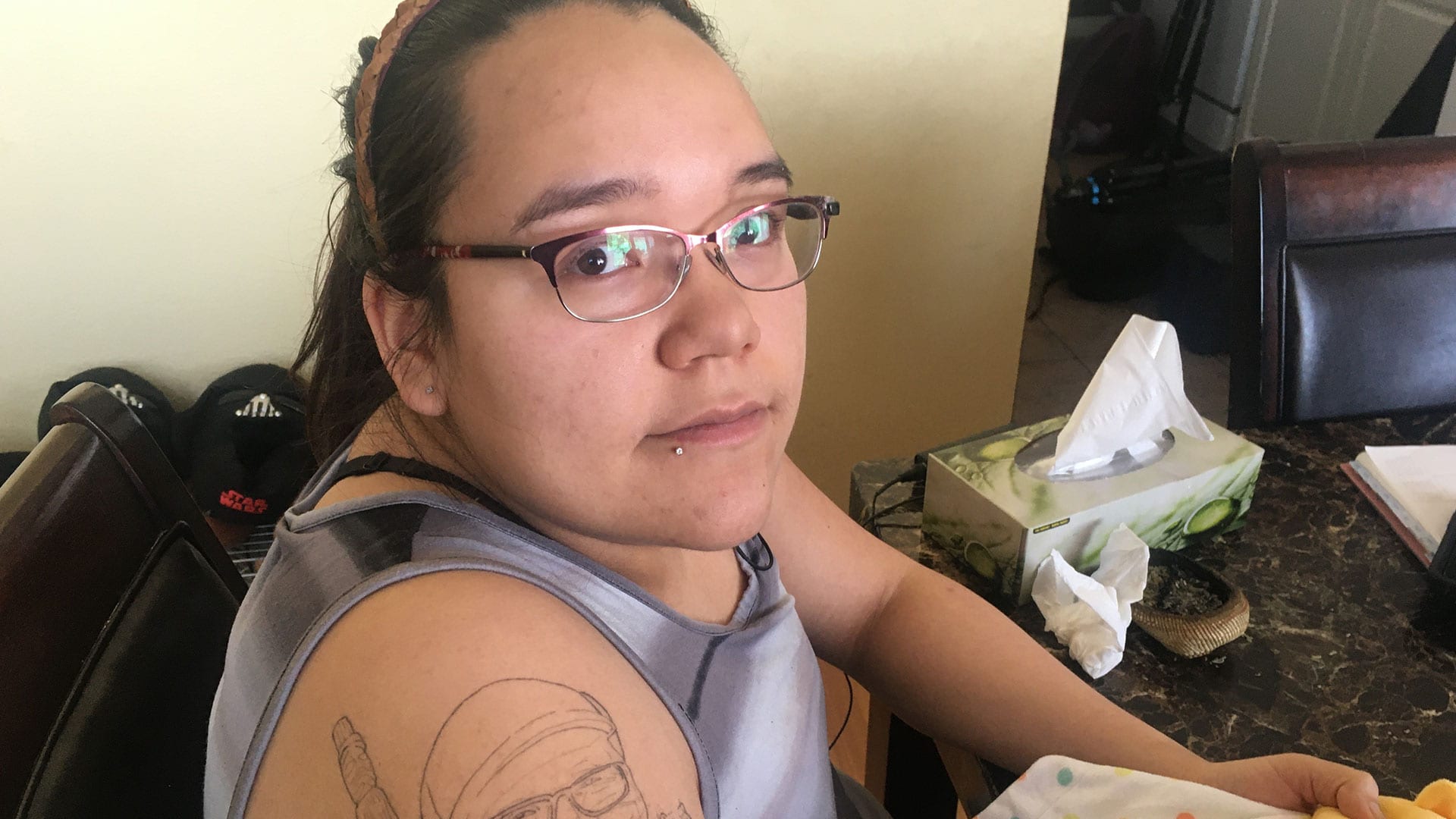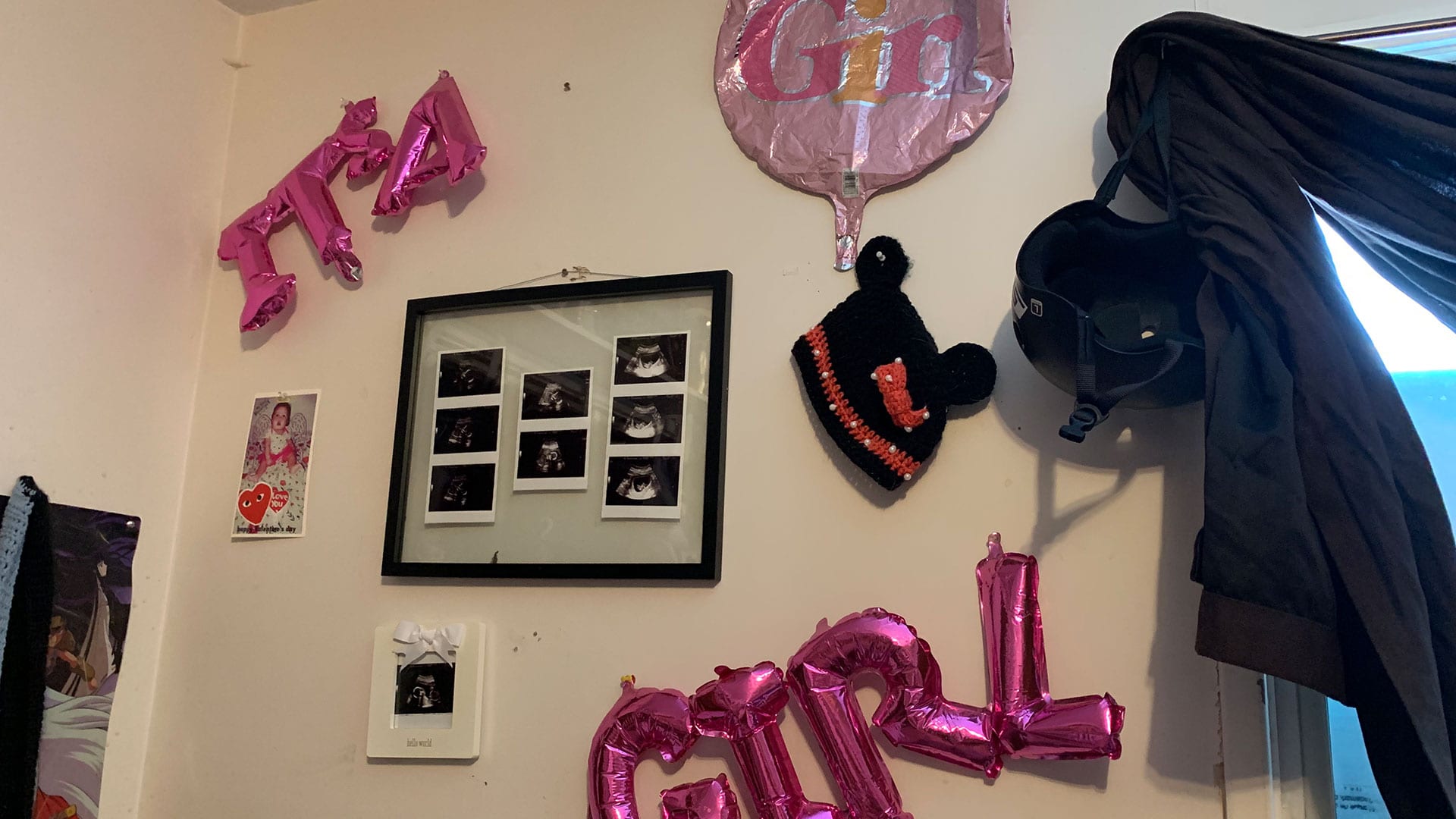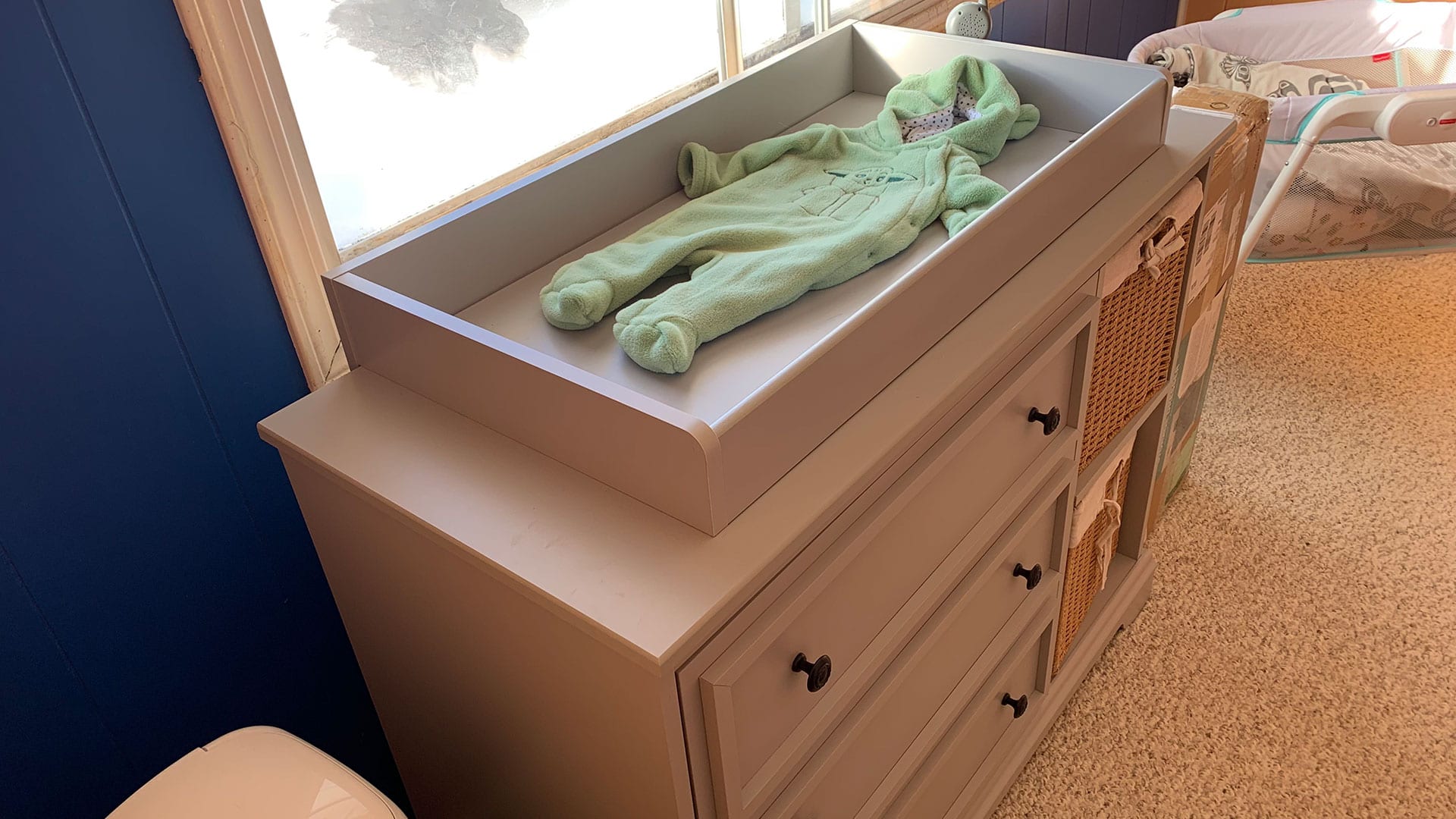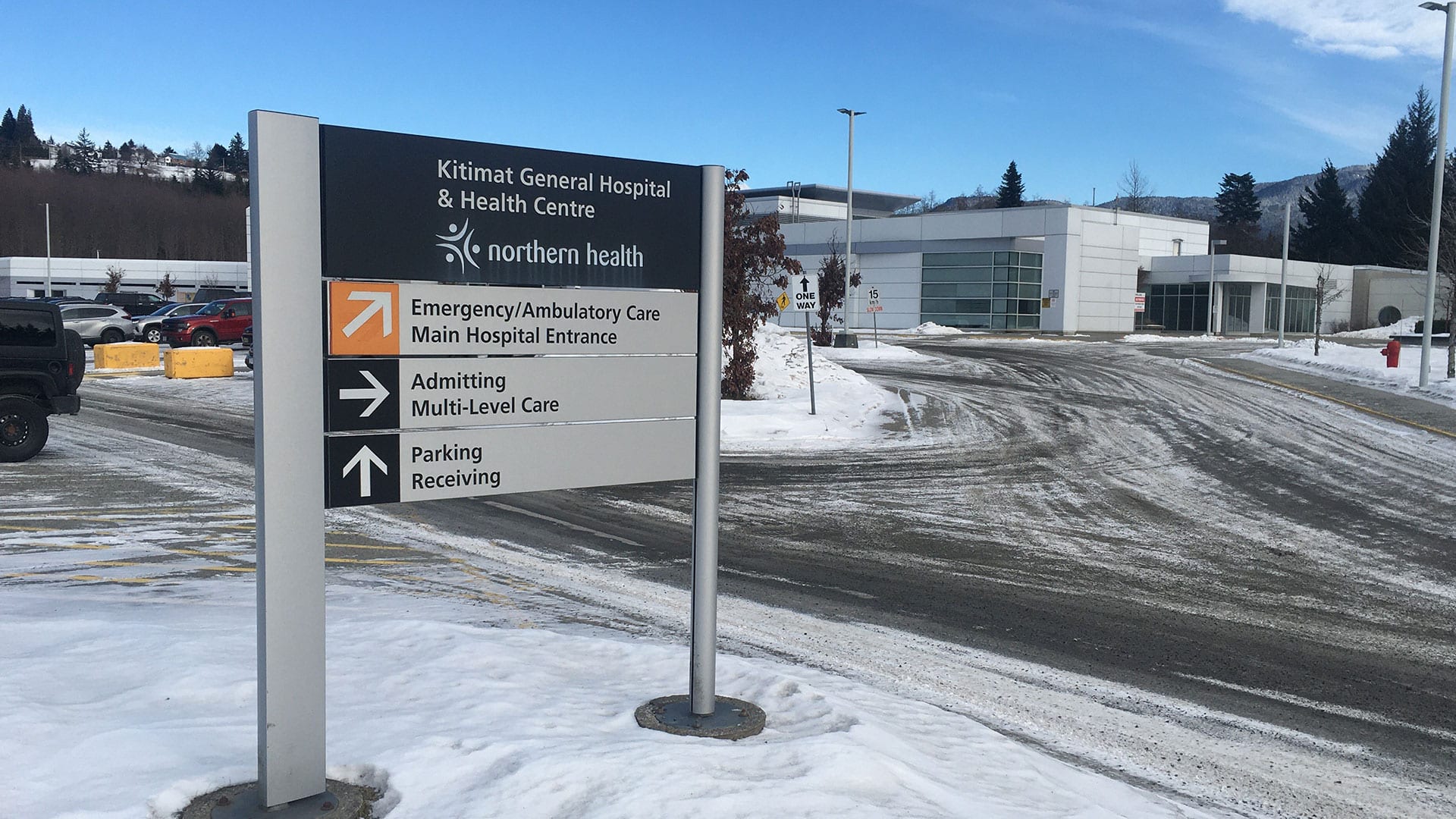In her first interview since giving birth to her stillborn daughter last month, Sarah Morrison said she’s struggling to keep it together.
“It comes and goes my stability. I do my best,” she told APTN News in the dining room of her mother’s Kitimat, B.C., home.
“Sometimes I’m tired. Sometimes I can’t sleep.”
Morrison and her partner, Ronnie Luft, have filed a civil suit against five doctors and a nurse in hospitals in Kitimat and Terrace alleging negligence and racial stereotyping which allegedly occurred when she went into labour on Jan 27.
“We just didn’t understand what was happening,” she added before bursting into tears.

“We thought we would be treated like humans.”
None of the allegations have been tested in court.
The couple’s complaints join a growing call about the dangers of anti-Indigenous racism in healthcare in B.C. and across the country.
The family of Atikamekw mother Joyce Echaquan, who filmed nursing staff insulting her on her deathbed last fall, also filed a lawsuit against the hospital and its employees.
“It sounds like systemic racism is acute in the northwestern (of B.C.),” said Mary Ellen Turpel-Lafond, a lawyer from Muskeg Lake Cree Nation who just delivered two reports for the B.C. government on anti-Indigenous racism and discrimination in healthcare.

“In this case it had a tragic outcome.”
Turpel-Lafond confirmed she would be an independent advisor to Northern Health, which oversees the hospitals and staff in Kitimat and Terrace, on its investigation into Morrison’s complaints.
“I will be there to help focus the lens,” she told APTN in a telephone interview, because “there is no criteria to judge racism in healthcare.”
Morrison’s mother, Coral Lee Gaucher, was one of nearly 9,000 Indigenous peoples and healthcare workers who shared stories of racism and discrimination for Turpel-Lafond’s report.
“My mom went there for a doctor’s note and they refused her,” Morrison said of a separate visit to Kitimat General Hospital. “And while we were waiting in the ER we listened to a (non-Indigenous) man ask his doctor for a doctor’s note and he just gave it to him.”

Morrison said she had that bad experience in her mind when she arrived at the Kitimat hospital in the early stages of labour last month.
“I was scared about being neglected,” she said. “I’ve always seen…how they treated our people, like my mother.”
In the Echaquan case, a nurse and patient attendant in Quebec were fired.
Asked whether the nurse and five doctors she interacted with in B.C. should face the same fate, Morrison said: “I don’t think that they’re fit to be in charge of people’s lives.”
Gaucher suggested medical professionals be held to a greater standard of behaviour like those followed by industries like manufacturing.

“There are rules, there is oversight, there are fines,” she said.
Morrison, who said she was left alone with her dead infant for hours and attempted to give her CPR, pointed to the keepsake she was given upon leaving the hospital where the feet aren’t lined up correctly.
“I feel you can see the important difference between me and every other mother that has given birth,” she said through tears.
“Their lives were cherished while no one cared about mine. Or my baby’s.”









